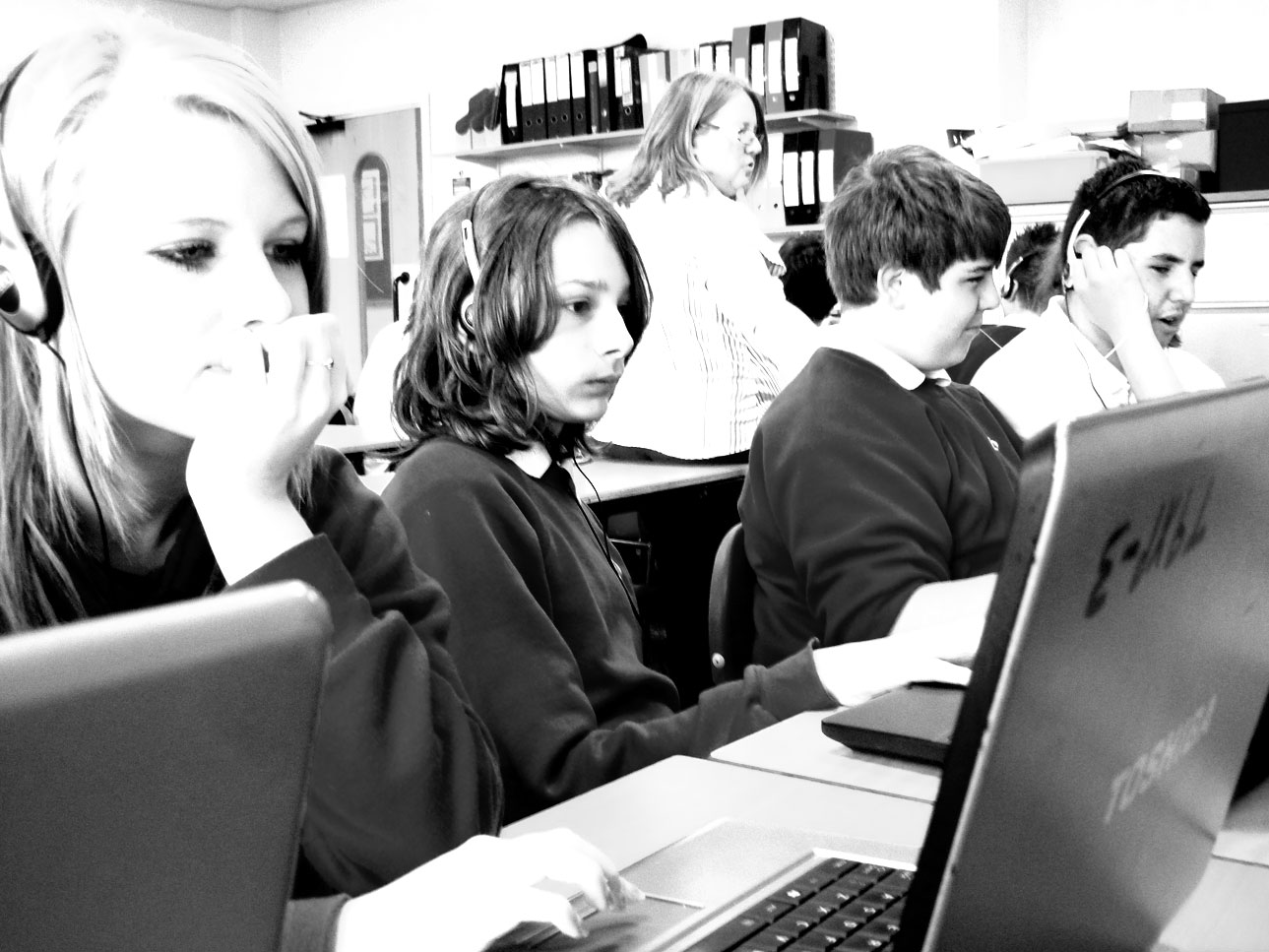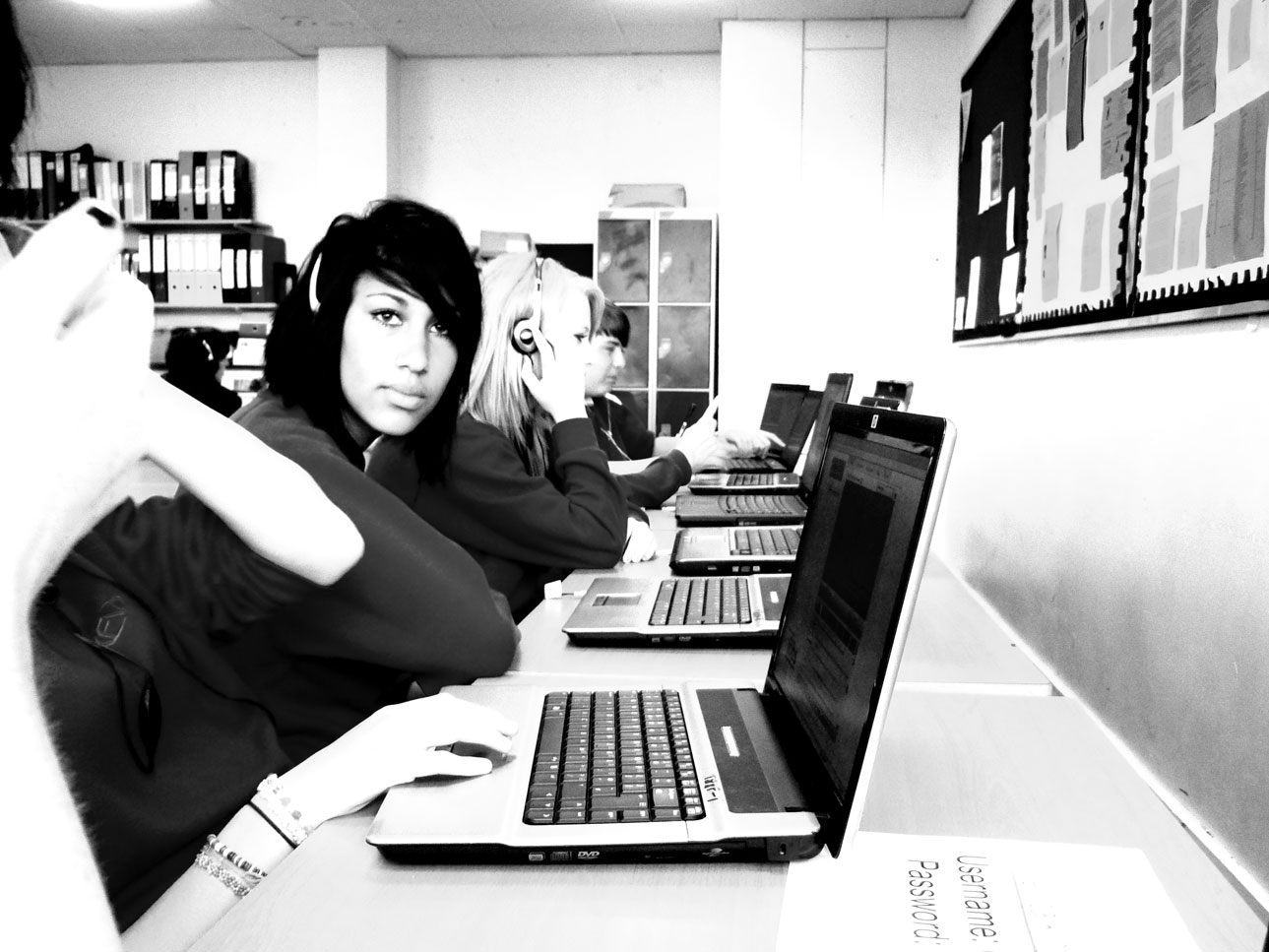About
Starting conversations about the world of work
Careers education needs reframing
Talking Jobs is about broadening young people's horizons through exploration and discussion in an open ended way. Stereotypes and unconscious bias inform how we see ourselves and others influencing the decisions we all make. Teasing out and discussing these themes is an essential part of broadening horizons, the real job of careers education. Group-work using Talking Jobs as background to discussion has yielded the following KS4 student responses:
- It doesn’t matter what your family background is, you could do anything
- Even successful people have poor backgrounds
- Even if your parents aren’t in a good job this doesn’t mean you can’t get a good job
- The jobs sound very different to the people that are actually in that career
In careers education matching paradigms have been allowed to prevail, pointing young people towards specific career paths without intervention or dialogue with teachers and careers people. These tools are unlikely to contribute towards social mobility and represent a lost opportunity to broaden horizons and raise aspirations. Careers education needs reframing.
What is Talking Jobs?
Talking Jobs provides cross sections of Labour Market Experience (LME) presented as modules, or series of video case studies. Each module represents a community, sector or locale. The case studies explore peoples' working lives, their experience in education, family backgrounds and impact on education and employment choices. Challenging stereotypes is an implicit part of the approach. Each module uses a consistent set of questions cast through a player built to help young people reflect on what lies ahead through the varied experiences of those already in work.

Interviewee selection and the role of impartiality
Interviewees are nominated by their employers and/or colleagues and the recordings conducted in the workplace. During the interviews company names are avoided, with only very occasional / incidental brand references allowed into the content. Surnames are also avoided to help young people focus on what's being said, rather than by whom. Modules are shaped with collaboration partners to strike a balance of roles and experience.

Please read...
Please see the November 2017 update